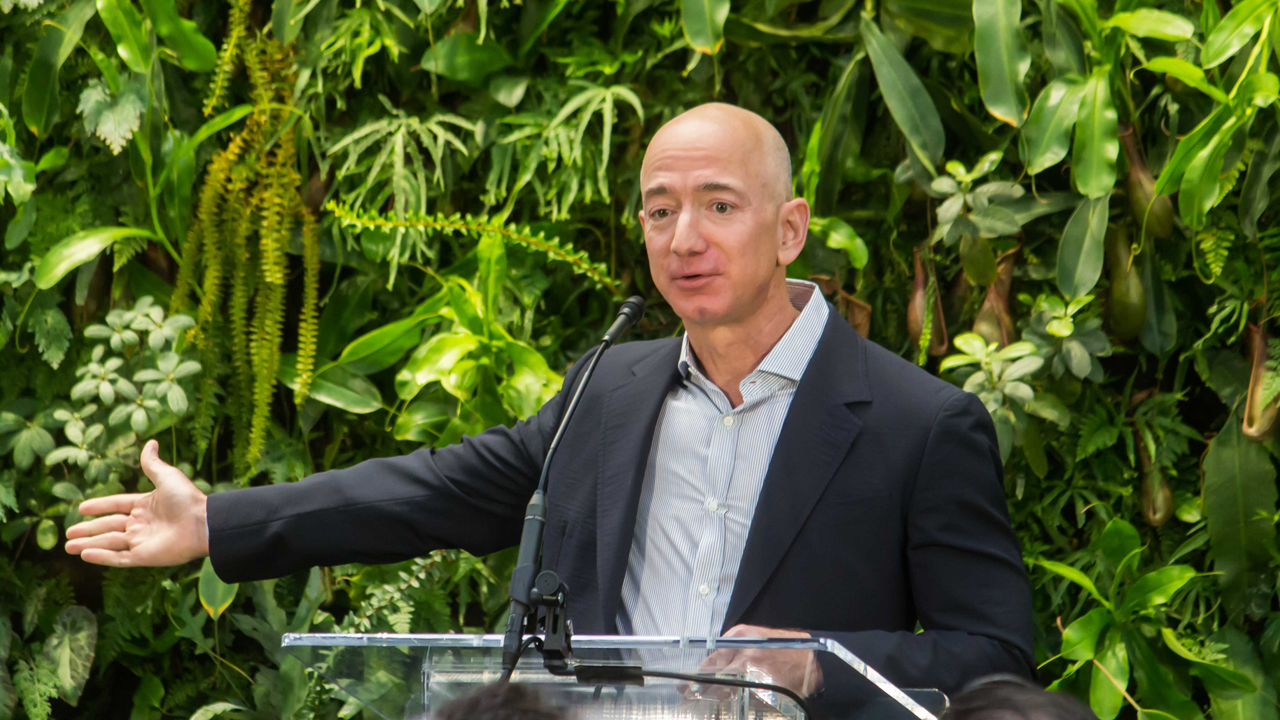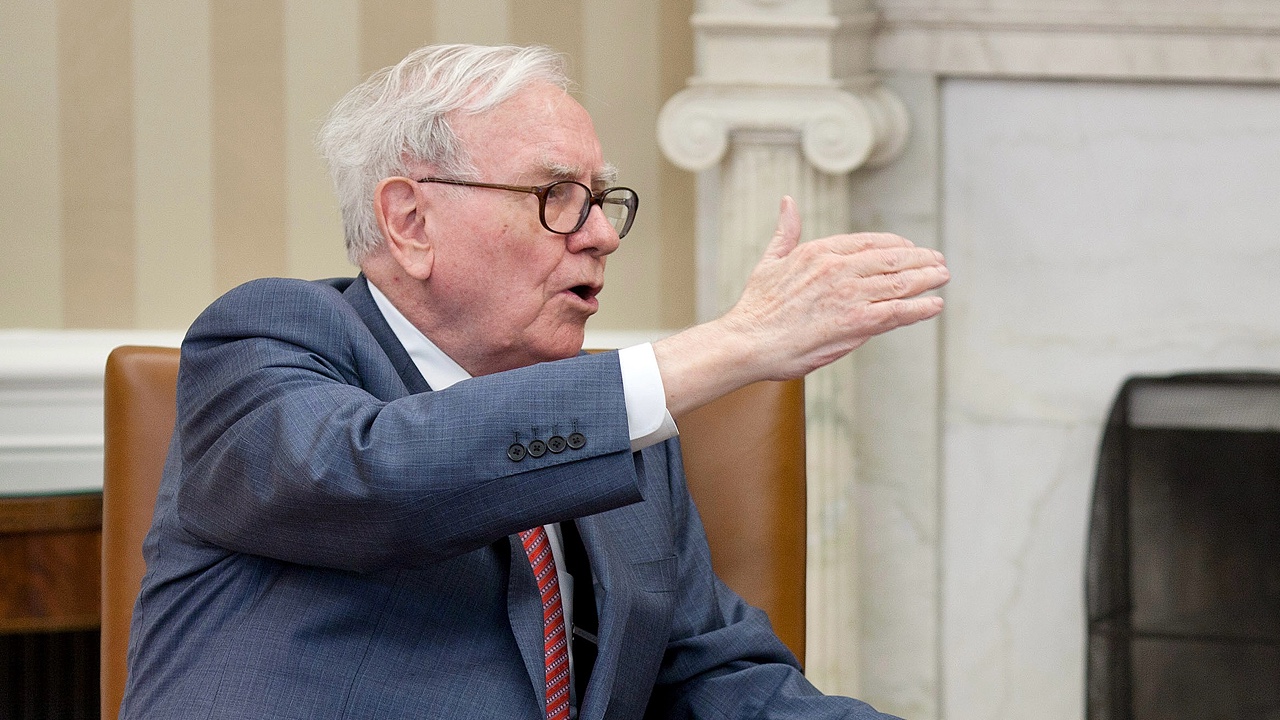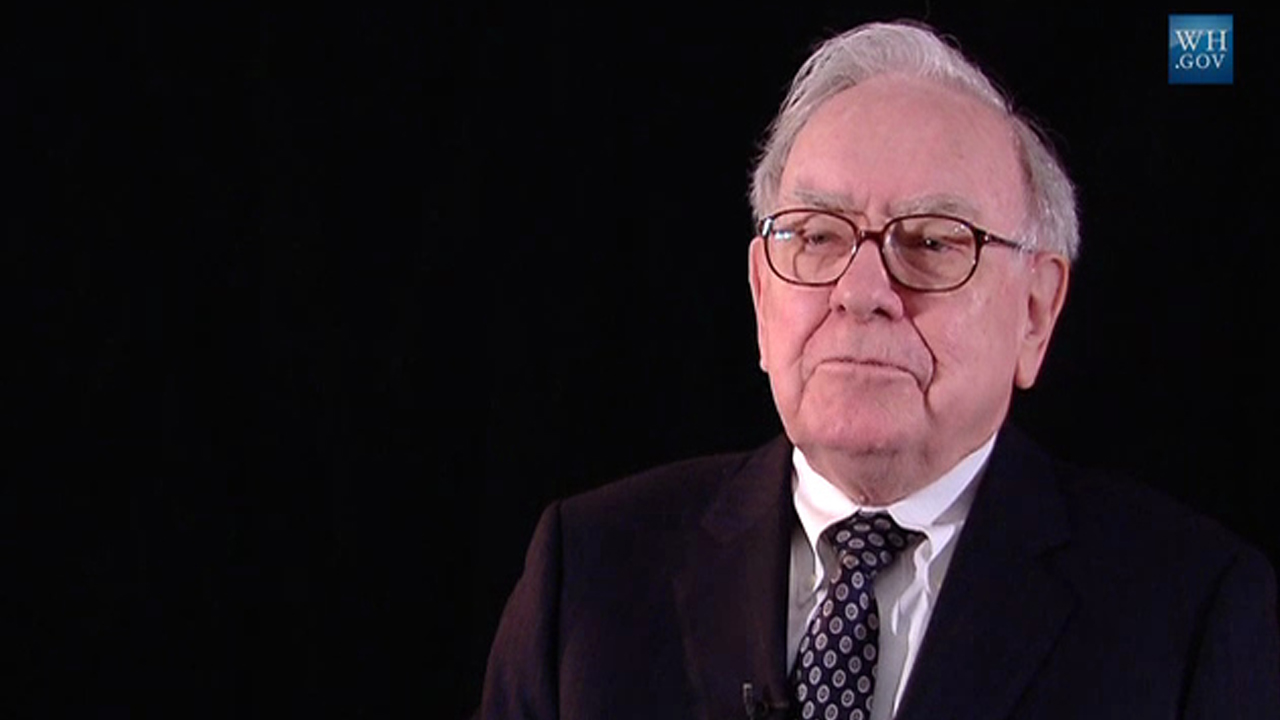When it comes to billionaire philanthropy, Jeff Bezos, Warren Buffett, and Bill Gates are three of the most talked-about names. But while their names often appear together in headlines, their approaches to giving are anything but alike. Each has chosen a different path—one more hands-on, one more delegation-focused, and another that’s heavily data-driven. Their giving strategies reflect not just personal values, but also distinct views on how wealth should be used to shape society.
Understanding these differences matters, especially as growing wealth inequality continues to spark debate about how the ultra-rich should contribute. The way these billionaires distribute their fortunes can influence everything from public health to education to climate change. So whether you’re curious about where the money actually goes or what kind of impact it’s having, here’s how Bezos, Buffett, and Gates compare—and what their choices could mean for the rest of us.
Jeff Bezos’ Approach to Philanthropy

Jeff Bezos, the founder of Amazon, has taken a distinctive path in his charitable activities. In 2018, he launched the Bezos Day One Fund, committing $2 billion to support organizations addressing homelessness and to establish a network of non-profit preschools in underserved communities. This initiative reflects his focus on immediate, tangible impacts on pressing social issues.
In addition to the Day One Fund, Bezos has made other notable contributions. For example, in 2020, he pledged $10 billion to fight climate change through the Bezos Earth Fund. More recently, his parents committed up to $500 million to UNICEF USA’s Child Nutrition Fund. While Bezos’ giving has scaled up in recent years, his approach remains relatively measured compared to some peers—focused more on select issues than wide-ranging global causes.
Warren Buffett’s Philanthropic Strategy

Warren Buffett, chairman and CEO of Berkshire Hathaway, has been one of the most consistent and generous philanthropists of the past two decades. Back in 2006, he pledged to give away 99% of his fortune, primarily to the Bill & Melinda Gates Foundation and to several foundations operated by his children. He’s donated over $55 billion so far, making him one of the most charitable individuals in history.
Buffett doesn’t run his own foundation or try to build new infrastructure. Instead, he trusts existing organizations to put his money to work efficiently. His approach is rooted in the idea of leveraging institutions with expertise, rather than reinventing the wheel. He also co-founded The Giving Pledge with Bill and Melinda Gates—a campaign encouraging billionaires to commit at least half their wealth to charitable causes during their lifetimes or in their wills. It’s had wide reach, with over 240 signatories across the globe.
Bill Gates’ Philanthropic Focus

Bill Gates has spent decades crafting one of the largest and most influential philanthropic operations in history. Through the Bill & Melinda Gates Foundation, Gates has focused heavily on global health, education, and poverty alleviation. The foundation’s work includes everything from eradicating diseases like polio and malaria to improving education systems in the U.S.
Gates’ strategy is highly data-driven and global in scope. The foundation partners with governments, NGOs, and private companies to maximize its reach and impact. For instance, its investment in vaccine distribution during the COVID-19 pandemic helped speed up access for low-income countries. Gates believes that philanthropy should be scalable and measurable, and his foundation has been at the forefront of pushing innovation in the nonprofit sector. By 2023, the foundation had given away more than $65 billion since its inception.
Comparative Analysis and Societal Implications

Each of these billionaires has chosen a different way to give. Bezos focuses on targeted social issues and climate change, often through relatively new initiatives that reflect personal interest. Buffett prefers to channel his wealth through trusted institutions, avoiding operational control and maximizing efficiency. Gates runs a full-scale global operation, treating philanthropy like a business—measured, strategic, and deeply involved in execution.
These differences have real consequences. Gates’ focus on health has helped eliminate diseases and strengthen public health systems. Buffett’s donations have allowed the Gates Foundation and others to scale their work. Bezos, while newer to the scene, brings massive financial power and growing influence. Together, they illustrate how personal philosophy shapes philanthropy—and raise ongoing questions about the power of private wealth in shaping public life.

Alexander Clark is a financial writer with a knack for breaking down complex market trends and economic shifts. As a contributor to The Daily Overview, he offers readers clear, insightful analysis on everything from market movements to personal finance strategies. With a keen eye for detail and a passion for keeping up with the fast-paced world of finance, Alexander strives to make financial news accessible and engaging for everyone.

